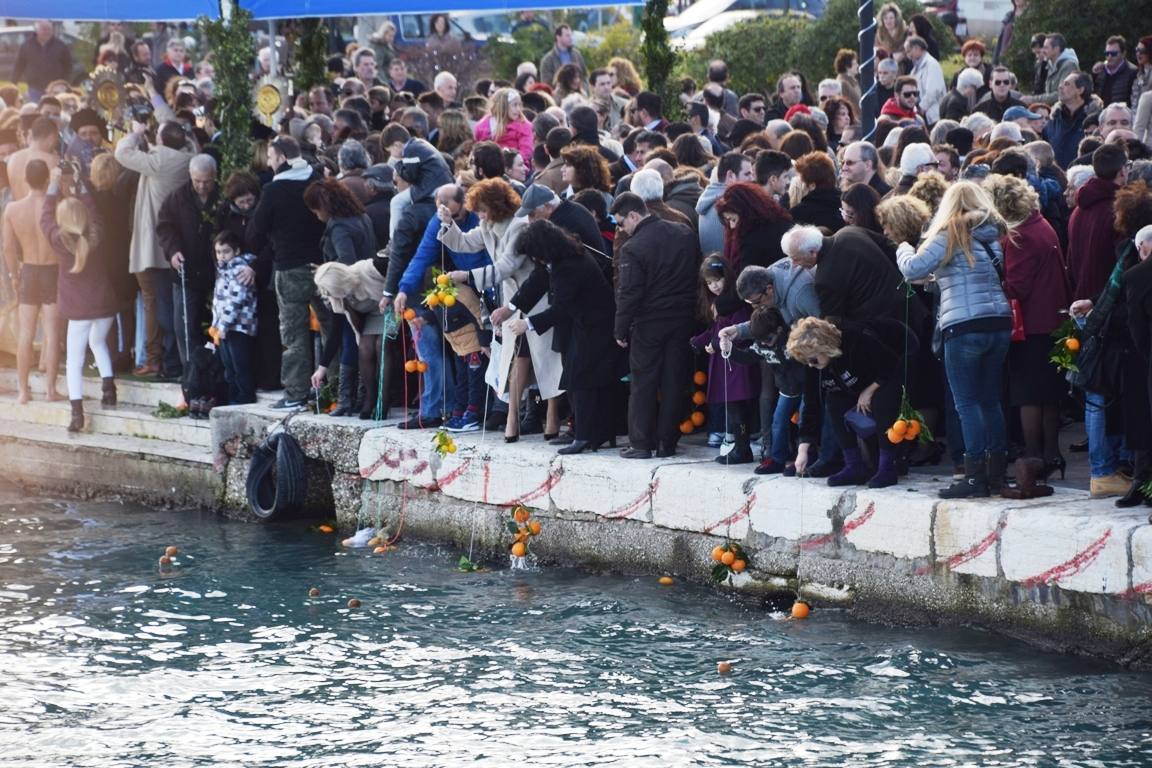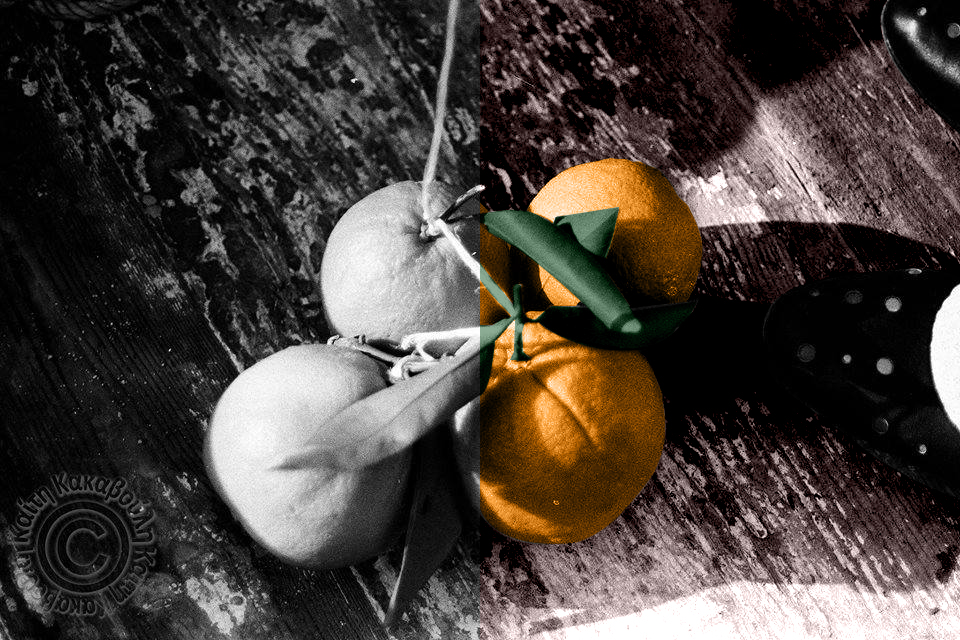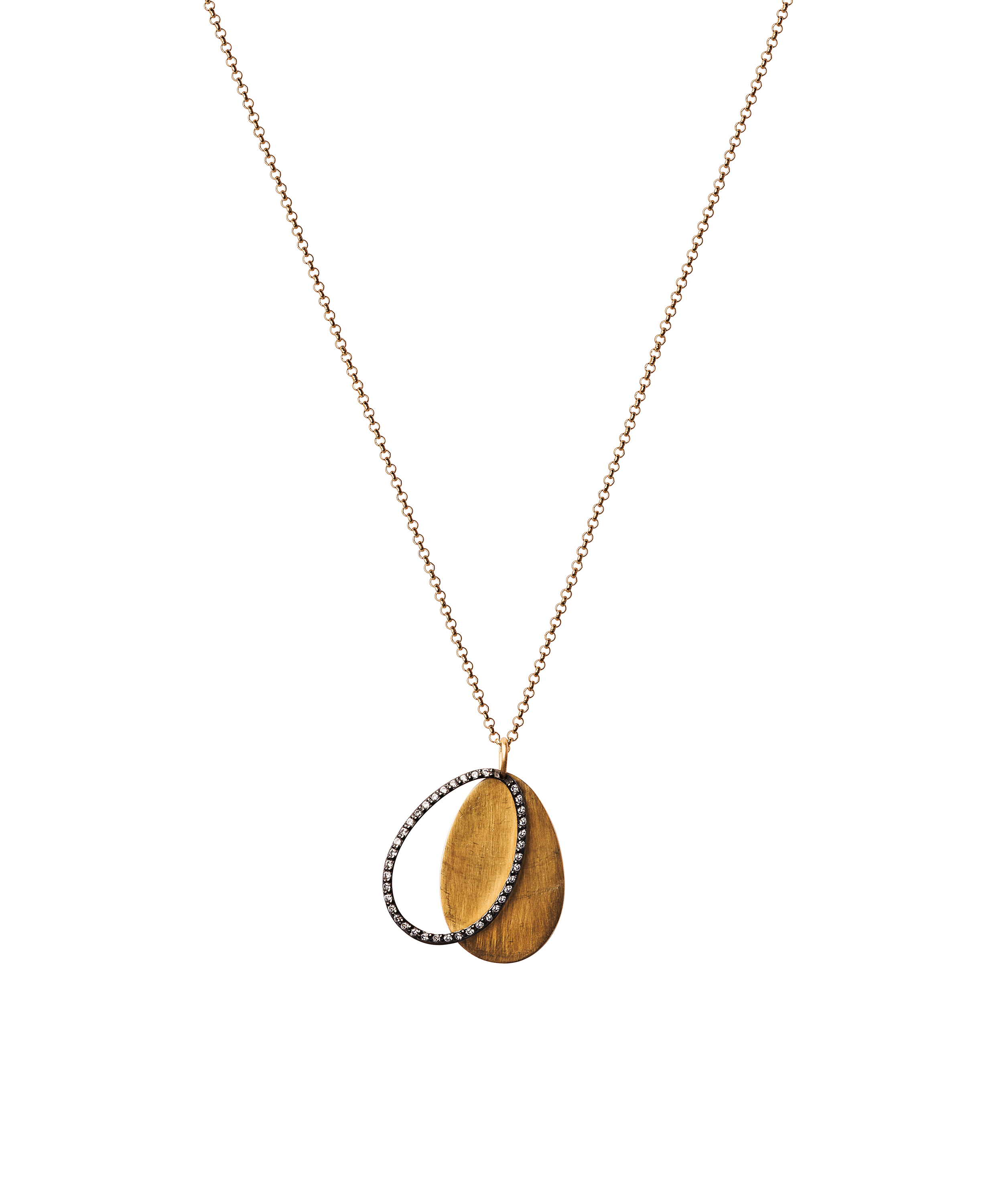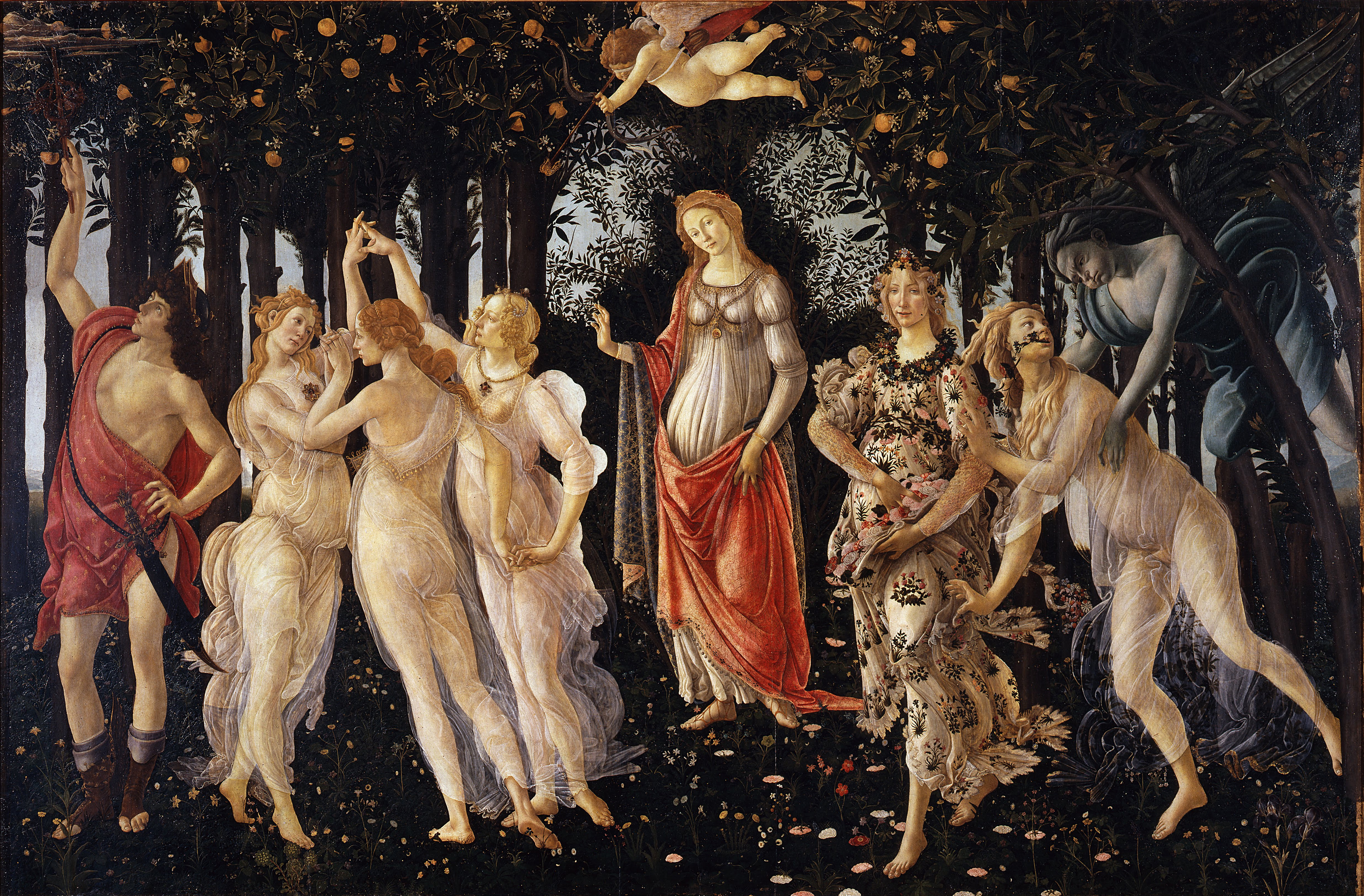Unveiling the roots of a unique Epiphany tradition on the island of Lefkada
On the quaint island of Lefkada, the Greek Epiphany emerges as a gentle, yet profound celebration right after the Twelve Days of Christmas. As the first light of dawn touches the island, a serene procession of believers, heads towards the church. Here, they receive blessings, which they carry back to their homes. They gently adorn each corner with myrtle sprigs, infusing their spaces with a sense of sanctity and hope. The Epiphany, known as the Celebration of the Lights or “ta Fota”, in Lefkada holds a unique charm, distinguished by a special ritual involving oranges, known locally as 'portogalia.' This ritual, although reminiscent of other Greek island customs, carries its own distinct character.

The 'portogalia' or "portokalia" (as utilized in contemporary Greek language) are carefully selected bundles of 5-6 oranges, tied together with strong twine. These bundles, sometimes hanging from lush orange trees or occasionally placed in nets, are a lot more than agricultural produce; they are symbols of the community's connection to the land and sea. The oranges are selected with care, either purchased from the bustling Agora market or obtained from local gardeners. Some are exchanged as favours of goodwill, embodying the spirit of community and sharing. As the islanders, head to the church and later to the port, these oranges become a part of their sacred offering.
The highlight of the ceremony is the breathtaking moment when the high priest casts the cross into the sea. Young men dive after it, followed by the quiet immersion of the orange bundles—three times—into the sea by the locals. Within a few minutes, the entire sea is filled with floating oranges.


The oranges, once immersed in the sea, are believed to be sanctified. They are cherished and consumed in the days following, with the peels often burned in homes as a sign of reverence. Some of these oranges find a place in household shrines, believed to last unspoiled throughout the year, a testament to their blessed nature. An interesting aspect of this tradition involves the local fishermen and sailors. They keep these blessed oranges at home and, during storms, cast them into the sea as a gesture of seeking peace with the elements. This practice reflects their deep connection with the sea and their faith in the ritual's protective power.


The history of this unique tradition is as intriguing as the ritual itself. Tracing its roots back to the Venetian era, it is believed that the custom began with local citrus estate owners. The earliest recorded mention dates to 1920 in Lefkada's 'Λόγος/Speech' newspaper, but it likely started much earlier, possibly in the 18th century. Local legends speak of an epidemic that affected the orange groves, inspiring a symbolic gesture of immersing the fruits in the sea for blessings. This act marked the beginning of a tradition that continues with reverence today.
On Lefkada, ‘ta Fota’ and the customs associated with it reflect elements of faith, community, and a deep respect for nature. It is a tradition that speaks volumes about the culture of the island and the enduring connection of the people to their land and their faith.







